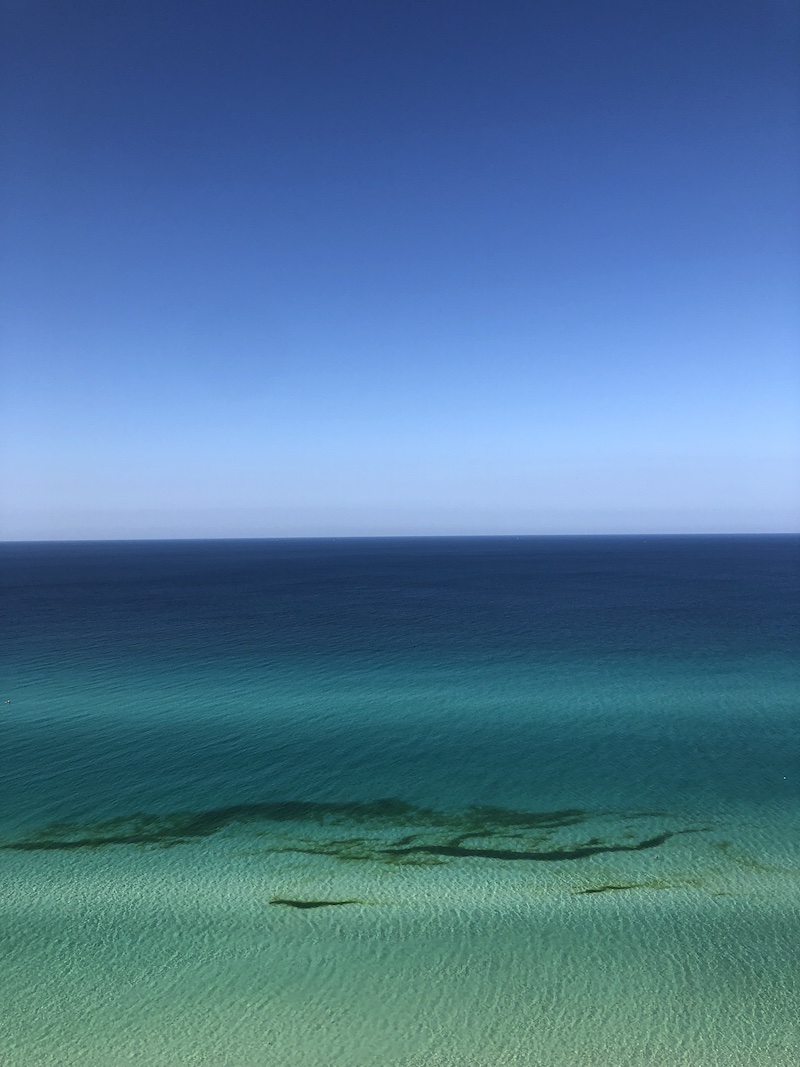Mal de Débarquement
As a child I would go into my parents’ front yard in winter and see hundreds and thousands of blackbirds. I learned that they were migrating south, and I imagined the blackbird migration as a huge wall moving south across the entire United States but this is not so. Mississippi is in one of the four major flyways of migratory birds in North America.
Likewise I grew up having persistent rolling sensations after playing on water slides or in ocean waves. I thought this was a fun souvenir- after tumbling you lie in bed and get to savor all the movements of the day, like the lingering scent of street tacos on your hands as you fight to stay awake at the office on a Tuesday afternoon. As an adult after cycling I would go to sleep still pedaling, still heading up that hill. I thought these phantom movements were universally human, some trick of the inner ear like a retinal afterimage from a bright light.
But it’s not common. In fact Mal de Débarquement- the feeling of motion that does not stop when not in motion is pretty rare; some studies suggest that approximately 150,000 people in the United States have the condition. Imagining “I feel this therefore everyone feels this” is a false consensus effect.
A common example is the asparagus pee test. People who have the genetic trait to smell asparagus in urine think it is universal until they learn that it only affects about half the population.
For me after a day or two the persistent rolling feelings go away on their own. Which is good as the medical advice from my casual Google searching seems to say “if it lasts more than a few days, see a doctor” although then they say there is little a doctor can do.
So for my 150,000 friends and fellow sickness of landing sufferers, rock on!
